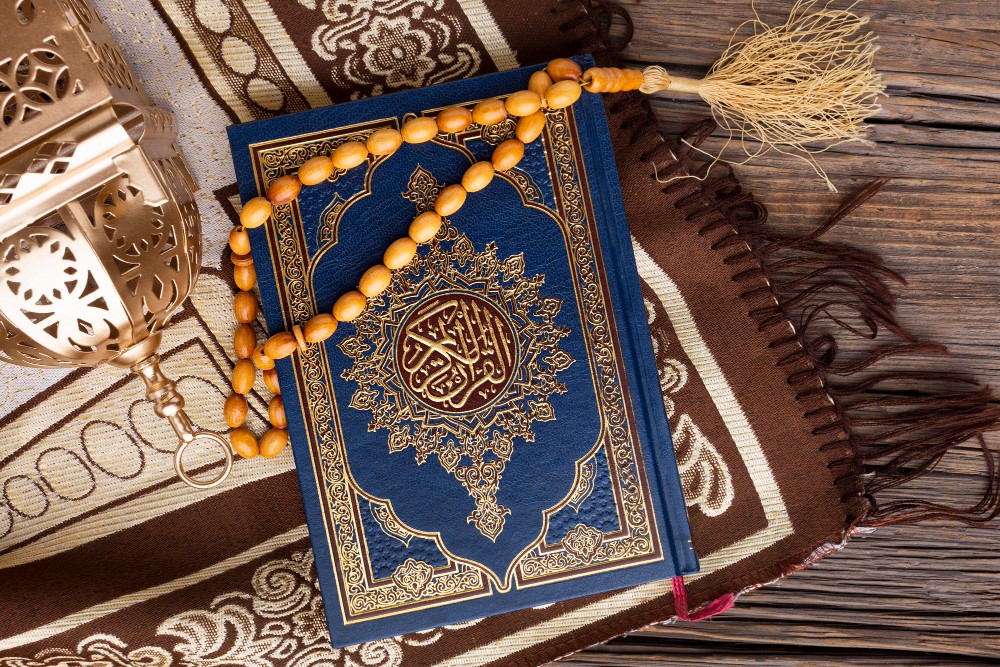The Fourth Kalima Tauheed, also known as Kalimah Tauheed, is one of the most significant pillars of Islam. It means “unification of oneness of Allah SWT”. It is a powerful testament to the oneness of Almighty Allah (SWT) and the belief in monotheism, which forms the very foundation of the Islamic faith.
This concept is deeply rooted in every aspect of Islamic belief and practice, guiding the moral, spiritual, and ethical lives of Muslims worldwide.
Join our Islamic Studies course to learn the Five Pillars of Islam, understand Naboowat, dive into Islamic history, and learn essential duas and prayers. Sign up now for free classes!
Fourth Kalima Touheed in Arabic:
The 4th Kalma Tauheed in Arabic is stated as:
لَآ اِلٰهَ اِلَّا اللهُ وَحْدَهٗ لَا شَرِيْكَ لَهٗ لَهُ الْمُلْكُ وَ لَهُ الْحَمْدُ يُحْىٖ وَ يُمِيْتُ وَ هُوَحَیٌّ لَّا يَمُوْتُ اَبَدًا اَبَدًاؕ ذُو الْجَلَالِ وَالْاِكْرَامِؕ بِيَدِهِ الْخَيْرُؕ وَهُوَ عَلٰى كُلِّ شیْ ٍٔ قَدِیْرٌؕ



